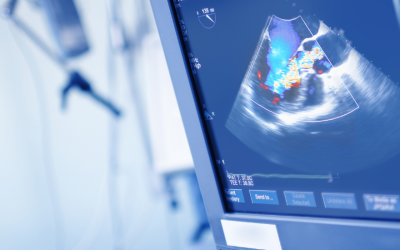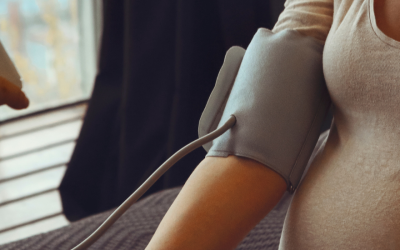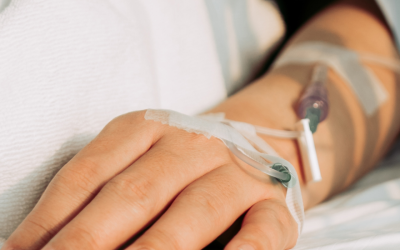
Is polycystic kidney disease related to preeclampsia or HELLP?
Question:
I would like to know the correlation and prevalence of HELLP / Preeclampsia and Polycystic Kidney Disease.
Answer:
Women with polycystic kidney disease (PKD) are at higher risk of all forms of preeclampsia. It takes a lot of time to collect a group of women who have PKD that is large enough to conduct pregnancy studies. Very little research has been done, and most of the work on this question is done by looking back at records. One such study looked at the records of 343 women with this diagnosis, and compared their pregnancy outcomes with those of family members without PKD. That research - on women with pregnancies between 1985 and 1993 - found that women with PKD are more likely to develop high blood pressure during pregnancy, more likely to have severely high readings during pregnancy, and more likely to develop preeclampsia than their relatives.
Another observational study compared pregnant women with PKD to pregnant women with kidney cysts not caused by PKD, and found that preeclampsia, gestational hypertension, and chronic hypertension that got worse during pregnancy were all more likely to occur in the women with PKD. The dates on this ran from 1975 to 2010 and 54 women were in the PKD group. Because these populations are fairly small, it’s hard to say exactly what the rate of preeclampsia or HELLP would be. When 8 women out of a group of 92 develop preeclampsia, that might mean that doubling the size of the group to 184 would change the frequency with preeclampsia to 20 cases instead of 16 cases of preeclampsia, because of some other factors that did not affect the first, smaller, group. Right now scientists think that the rate of preeclampsia is somewhere around two to three times higher. So if 5% of the normal population develops preeclampsia while pregnant (that is 1 in 20 pregnancies), somewhere between 10-15% of the PKD population would (or around 2 to 3 of every 20 pregnancies.) Women with polycystic kidney disease might consult with a kidney specialist (a nephrologist) along with a maternal-fetal medicine specialist in order to determine the best possible course of care before becoming pregnant.
ASK AN EXPERT
This article is a response to research questions submitted by Preeclampsia Registry participants. If you have a research idea or question, enroll in the registry or login and select "Submit a Research Question" from your registry home page.

About Caryn Rogers
Senior Science Writer
Caryn Rogers is the Senior Science Writer at the Preeclampsia Foundation. As a community moderator, she has dedicated 15 years to creating clear, understandable explanations of the science underpinning preeclampsia so that women can use this knowledge to protect their own interests. Published in the Journal of Medicine and Philosophy and in Pregnancy Hypertension, Caryn uses her experience with philosophy of evolutionary medicine to support the Preeclampsia Foundation's mission. She developed preeclampsia with severe features at 33 weeks in 2002. After a week in the NICU, her son recovered well. Her daughter was born at 39 weeks after a normotensive pregnancy.
Related Articles

Your story is needed to improve outcomes for moms like you. Add your voice to critical preeclampsia research to ensure that every story is heard.

Frequently asked questions about the Preeclampsia Registry, a patient-driven registry and biobank.

The Preeclampsia Foundation offers research funding, study recruitment, and other patient engagement services to researchers.

We provide research grant funding to advance progress towards detection, prevention, or treatment of preeclampsia, HELLP syndrome, and other hypertensive disorders of pregnancy.

Preeclampsia is a life-threatening hypertensive disorder, affecting 2%–5% of pregnancies, that remains poorly understood. In a recent study published by Physiological Genomics that was...

Echocardiography, commonly referred to as cardiac ultrasound or an “echo”, generates visual images of the heart known as echocardiograms. This imaging technique is especially informative d...

There is an increased cardiovascular risk after a pregnant woman has preeclampsia. Previous research found that there are signs of early cardiovascular aging when a woman is six months postpartum...

The accuracy of medical history is critical for the care of any patient. Preeclampsia increases the risk of complications in future pregnancies and is also associated with an increased risk of cardiov...

The authors of this paper note that an increasing number of people are being readmitted to the hospital within six weeks of discharge home after delivery and that many of these persons had a hypertens...

